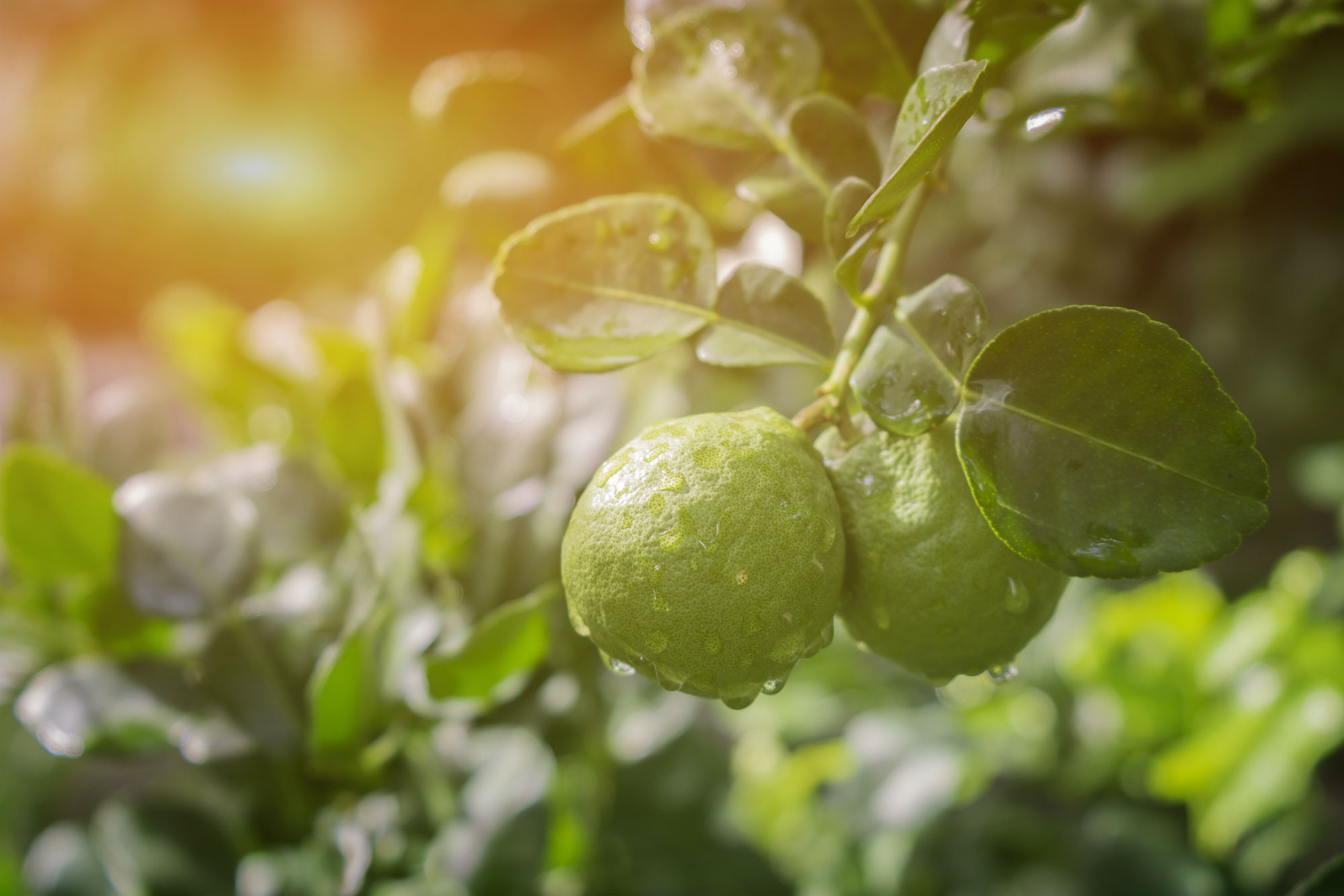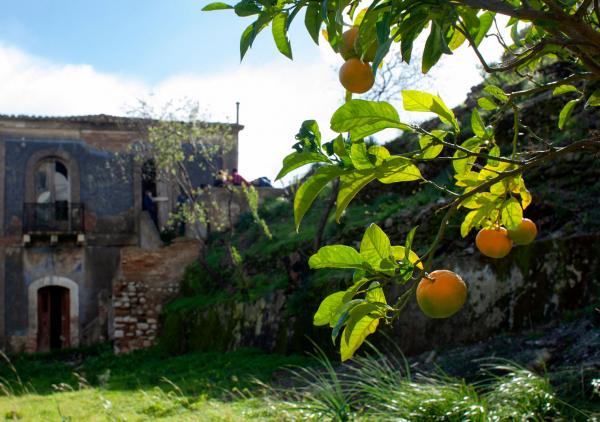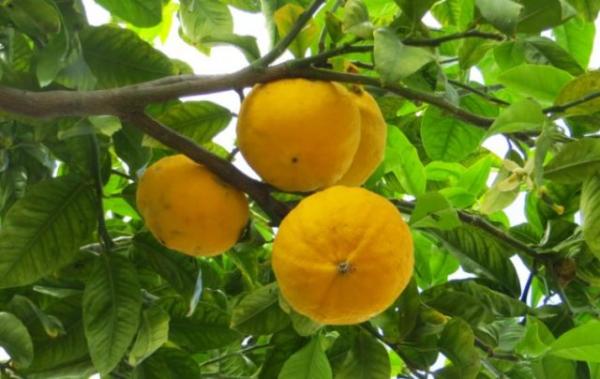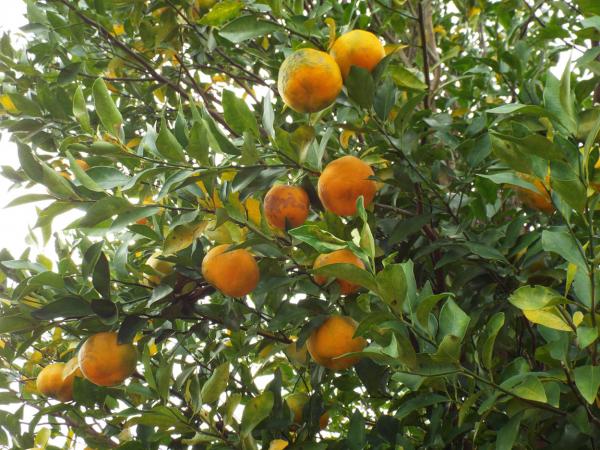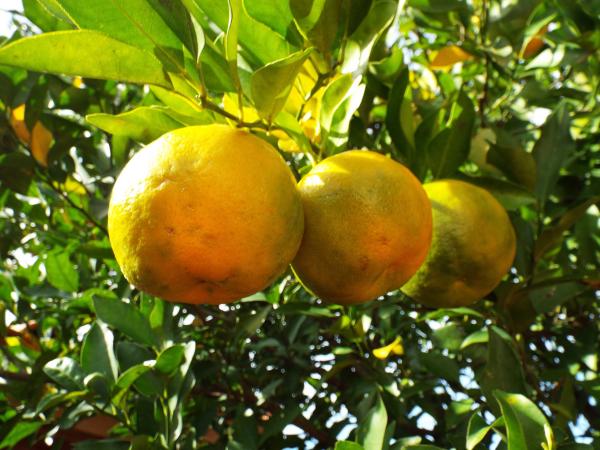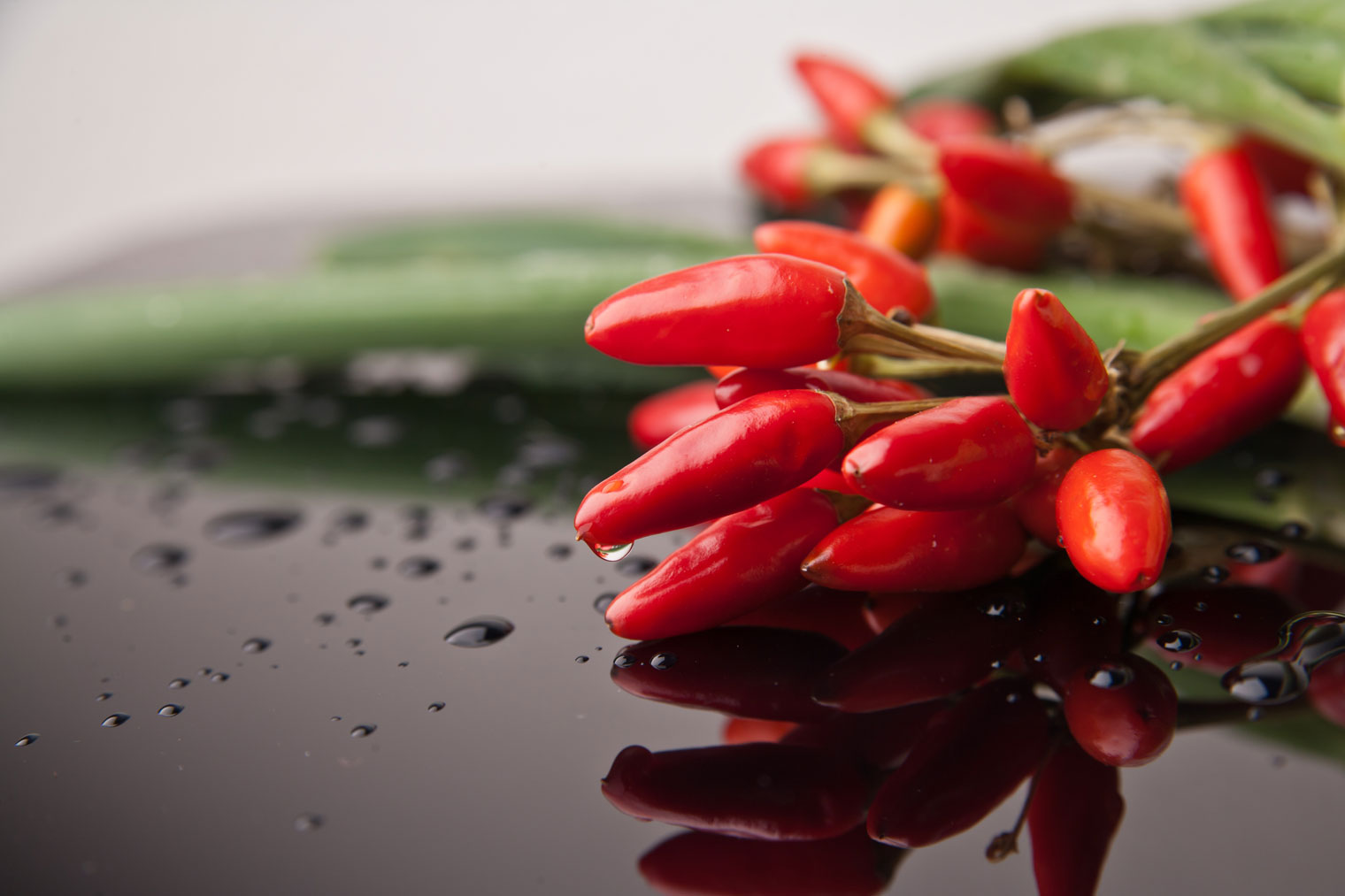The origin of this miraculous citrus fruit is mysterious. Some say it comes from China, others from Pergamum in Ancient Greece. Then there are those trace it to Berga in Spain, brought over by Christopher Columbus who had discovered it in the Canary Islands. What is certain is that the most prized citrus fruit has found a home in the area of Reggio Calabria and Locride, where 90% of the world’s production is concentrated.
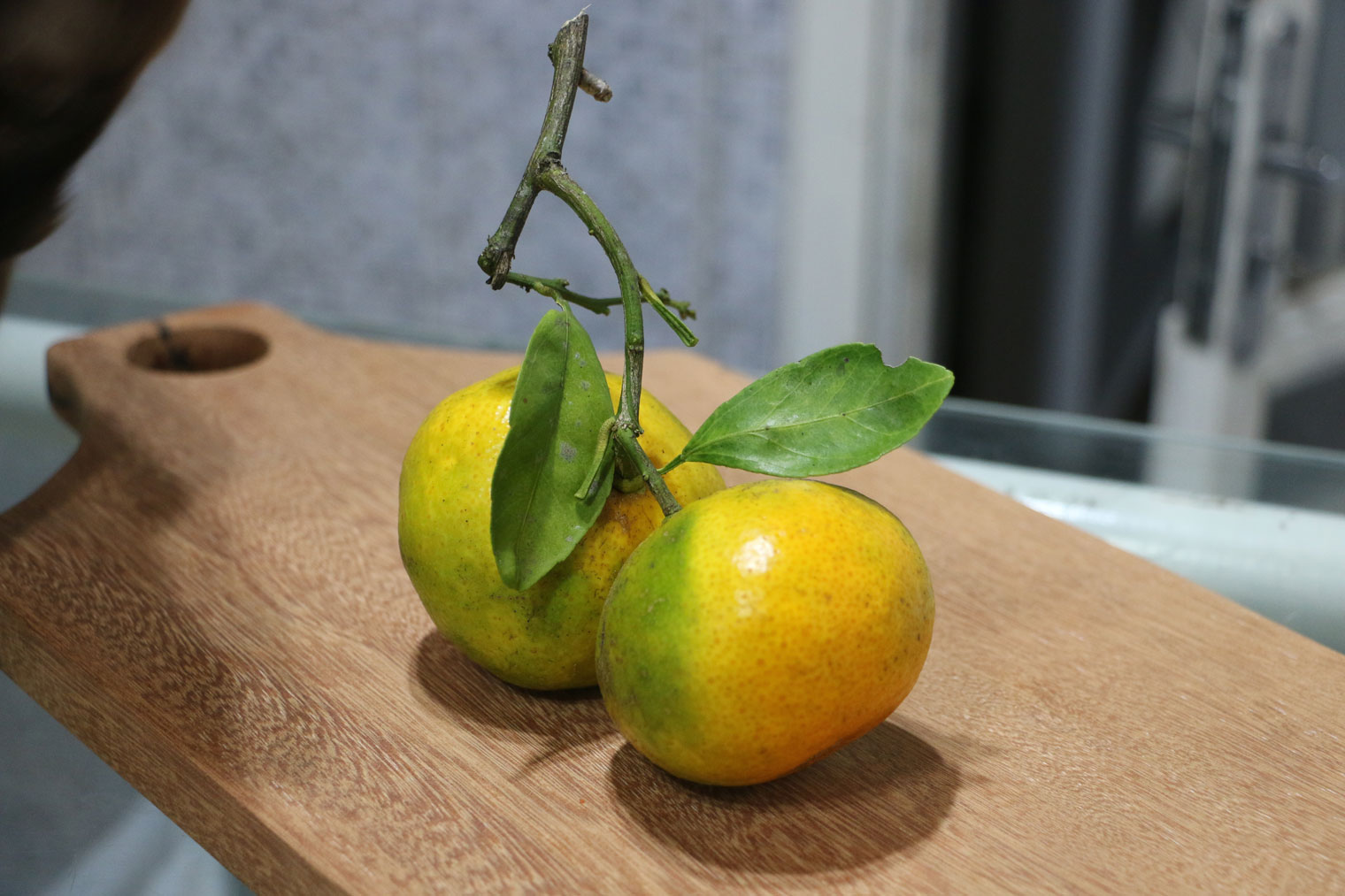
Bergamot: the local super food
Rich, with very beneficial properties, the bergamot boasts an incomparable pedigree of wellness. A reservoir of vitamins A, B, C, and flavonoids, it has shown to be natural remedy for heart disease and the prevention of cardiovascular diseases (stroke, arteriosclerosis, heart attack), and to keep cholesterol under control.
Its disinfectant and antiviral properties have long been known, as are the positive effects of bergamot essence as an antidepressant and anxiolytic. Finally, the extraordinary richness of polyphenols, antioxidant substances, helps the body stay fit and healthy.
The scent of the Mediterranean
Bergamot is an essential ingredient used in perfumes all over the world. The first “historic” user that we know of is the Sicilian pastry chef Procopio, who with his “bergamot water” managed to perfume the entire palace of Versailles in the 1600s, which at the time lacked toilettes.
The Sun King Louis XIV rewarded him with the authorization to operate his pastry shop in the Paris venue that still bears his name, “Procope”, located in the heart of Saint-Germain des Prés, where you can taste bergamot sorbet. The bergamot’s luck comes from Cologne water, a very successful essence, refined by Gian Paolo Feminis, who was born in Piedmont and emigrated to Germany. In Calabria, the extraction of bergamot essential oil dates back to the end of the 18th century and since then international industries of high-quality perfumery use it as an essential raw material.
DID YOU KNOW THAT…?
Despite the similarities and the seven letters they have in common, bergamot has nothing to do with the city of Bergamo. Nor does it seem likely that the name comes from Berga, today’s Barcelona, or from Pergamon, in ancient Troy. The most likely etymology is “Begarmundi”, a Turkish word meaning the “lord’s pear tree,” due to the fact that the fruit’s shape is similar to the bergamot pear.
Fruits and season
The bergamot is the fruit born from an evergreen tree. It blooms in spring and the fruits of green and yellow smooth skin, as big as an orange, ripens at the end of autumn or at the beginning of winter. There is no bergamot plant in the wild and it cannot be reproduced with a seed; this has led to the belief that the plant comes to us as a result of an ancient cross between different citrus fruits. In terms of reproduction, growers must graft it onto plants of similar species, such as lime or bitter orange.
